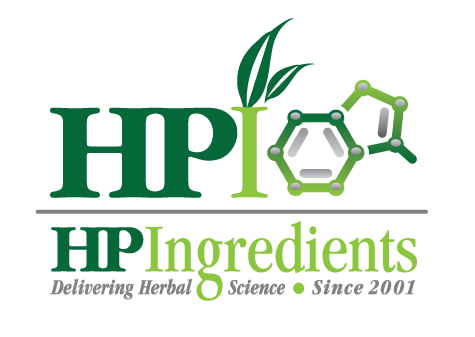A Tale of Testosterone
Testosterone, the “manly” hormone, has been in the news lately as researchers uncover how it is affected and how it acts.
A study published this June in Nature Ecology & Evolution, concluded that testosterone levels in men are determined to a significant degree by their environment during childhood.
A research team said that its findings challenge the widely held belief that testosterone levels are mostly controlled by genetics and/or race – instead, men who grow up in challenging environments where there are more infectious diseases, for one instance, are likely to have lower testosterone levels later in their lives than those whose childhoods were spent in healthier environments.
This may be an important factor in how urologists work with their male patients – high testosterone levels are a risk factor for benign prostatic hyperplasia and prostate cancer; and the research team strongly suggest that prostate screenings may need to take the patient’s childhood environment into account.
The scientists focused on Bangladeshi men who grew up and lived as adults in the UK and found that they had significantly higher levels of testosterone compared to men who grew up and lived in Bangladesh as adults.
The researchers believe that the differences are linked to energy investment – in environments where young males are more exposed to disease or poor nutrition, their bodies direct energy towards survival at the cost of testosterone.
Lead author of the study, Dr Kesson Magid from Durham University’s Department of Anthropology (UK), said: “A man’s absolute levels of testosterone are unlikely to relate to their ethnicity or where he lives as an adult but instead reflects his surroundings when he was a child.”
Aspects of male reproductive function remain changeable into adolescence, up to the age of 19 and are more flexible in early rather than late childhood, according to the research. However, the study suggests that, in adulthood, men’s testosterone levels are no longer heavily influenced by their surroundings.
In another study, also published in June of this year, in the Journal of Personality and Social Psychology, men who achieve esteem or high standing in a group’s prestige hierarchy in the group’s formative time showed a rise in testosterone during the subsequent two months, compared to those with low-prestige, who showed a decline or little change in testosterone.
Meanwhile, a third study on testosterone, also published in June, showed that between 2002 and 2011, testosterone treatment in men with Low T but normal PSA, was not associated with an increased risk of aggressive or any prostate cancer. This study included approximately 147,500 men, of which 58,617 were treated with testosterone. Among the study population, 313 aggressive prostate cancers were diagnosed, 190 among untreated men and 123 among testosterone-treated men. This study appears in PLOS One.
LJ100® is a patented extract of Tonkgat ali (Eurycoma longifolia) with several studies demonstrating a profound effect on testosterone levels, and also results of those effects – leaner body mass, libido improvement, improvements in sperm motility, and more energy. And unlike direct testosterone treatment, LJ100® works to encourage the body endogenously to accelerate its own production of testosterone, without any side effects.


